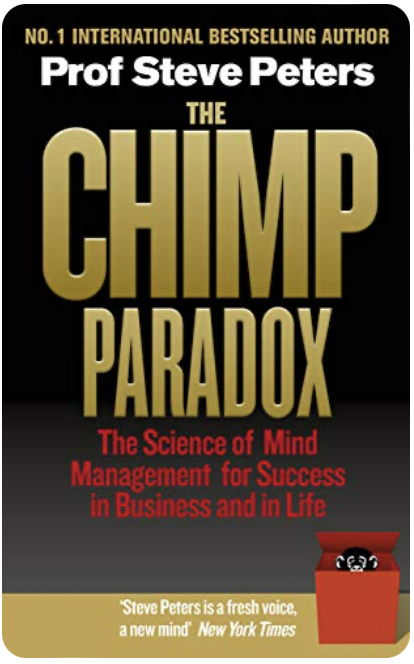Julie Taylor, Partner from Fenton Elliott Solicitors, set up this new business book club in September 2023 to explore her growing interest in business management topics with local professionals. Working in employment law, she regularly experiences how individual personalities can have a huge impact on how disputes in the workplace both originate and find resolution, dealing with the employment tribunal claims where these escalate.
With a long-standing passion for all sorts of literature, she found that many of the books on her reading list explored topics that could help managers lead and get the best from their employees or provide useful insights generally to help navigate our complicated world, both at home and in business.
From personal development and leadership to incentives and environment, Julie’s club is keen to explore a variety of topics, with the aim of helping the members with their own work or business.
You can find out more about joining the Book Club on Eventbrite.
And/or read on for their review of the latest book: The Chimp Paradox by Prof Steve Peters.
The Chimp Pardox – Prof Steve Peters
This book is about understanding the mind and Prof Peters does an excellent job of simplifying complex science into a clear working model that you can use in daily life. It helps provide an understanding of how your mind  operates, labelling the Limbic or emotional brain as your “chimp” and providing many relatable examples of how the chimp and Frontal or “human” brain interact or conflict! The book provides a number of useful exercises to help you learn to manage and exercise your chimp and ultimately seek to harness the power of the chimp, highlighting that being able to manage your emotions (or your chimp) is often the key to success and happiness. Indeed, the book has a number of high-profile endorsements, including Steven Gerrard, Sir Chris Hoy and Victoria Pendleton!
operates, labelling the Limbic or emotional brain as your “chimp” and providing many relatable examples of how the chimp and Frontal or “human” brain interact or conflict! The book provides a number of useful exercises to help you learn to manage and exercise your chimp and ultimately seek to harness the power of the chimp, highlighting that being able to manage your emotions (or your chimp) is often the key to success and happiness. Indeed, the book has a number of high-profile endorsements, including Steven Gerrard, Sir Chris Hoy and Victoria Pendleton!
The book delves into deep questions to help you understand yourself, such as identifying “truths of life”, “values” and “Life Forces” recognising that departures or “living a lie” can be the most unsettling way to live, noting that your own self-worth has a direct impact on how you handle relationships with others.
There is a specific section on communication as a skill, which would be particularly useful to those in HR or involved in managing relationships in the workplace, which alongside the discussion about defining success provide some useful strategies to get the most from any team. This includes a useful framing of how to pitch difficult conversations by thinking clearly about your agenda from the outset.
Some of the remaining chapters cover the importance of choice, prioritising your own health and well-being, recognising stress and re-defining your understanding of success.
Overall, if your life involves other people, this book is definitely one for your reading list and if you are looking to develop future leaders in your business, then it could also be useful homework.
One of my favourite quotes from the book is: The person you want to be is the person you really are.
The group will meet again on 9 January 2024 at the Base Coffee shop in Greenham to consider the next book: The Diary of a CEO by Steven Bartlett – if you would like to attend please contact Julie: Julie.taylor@fentonelliott.co.uk

